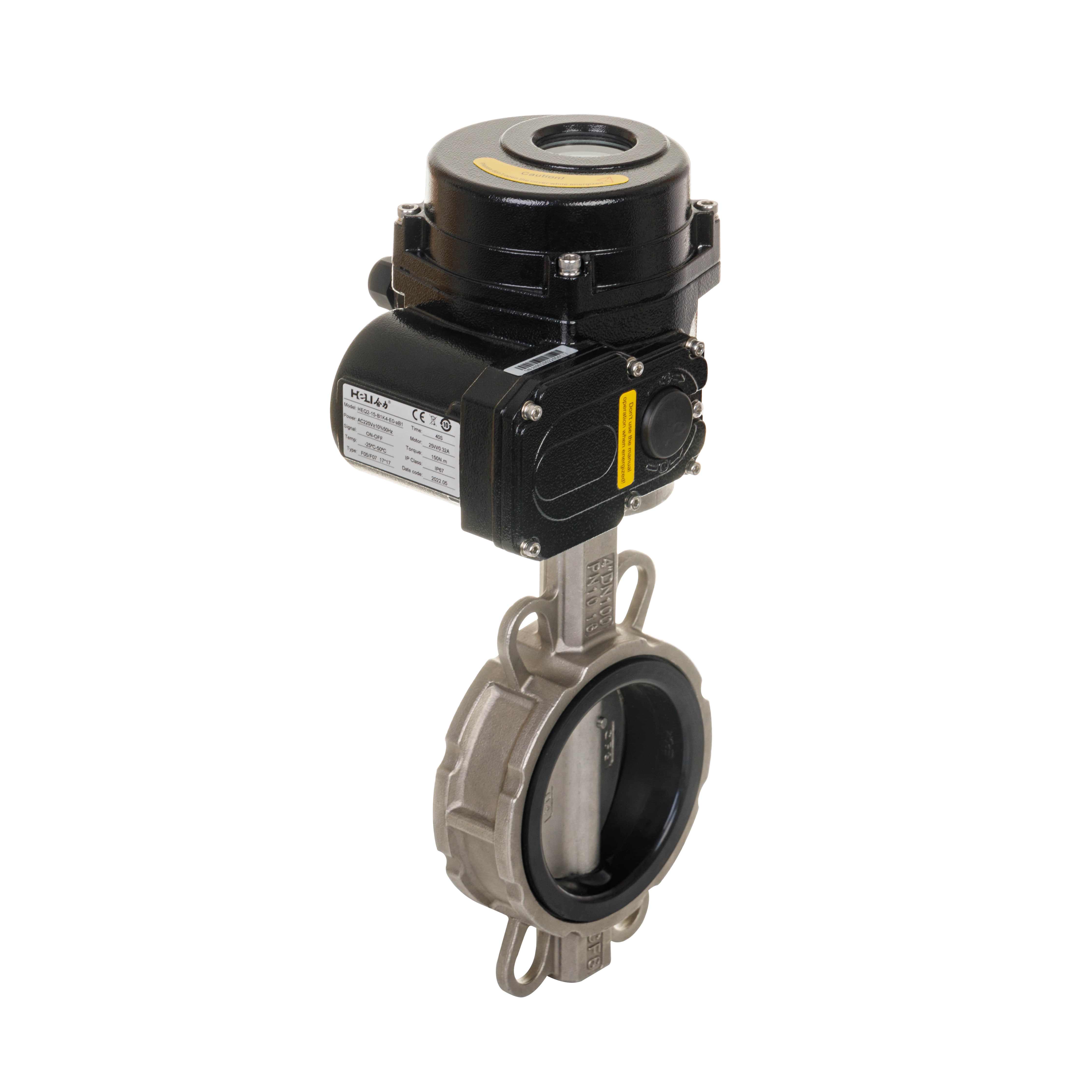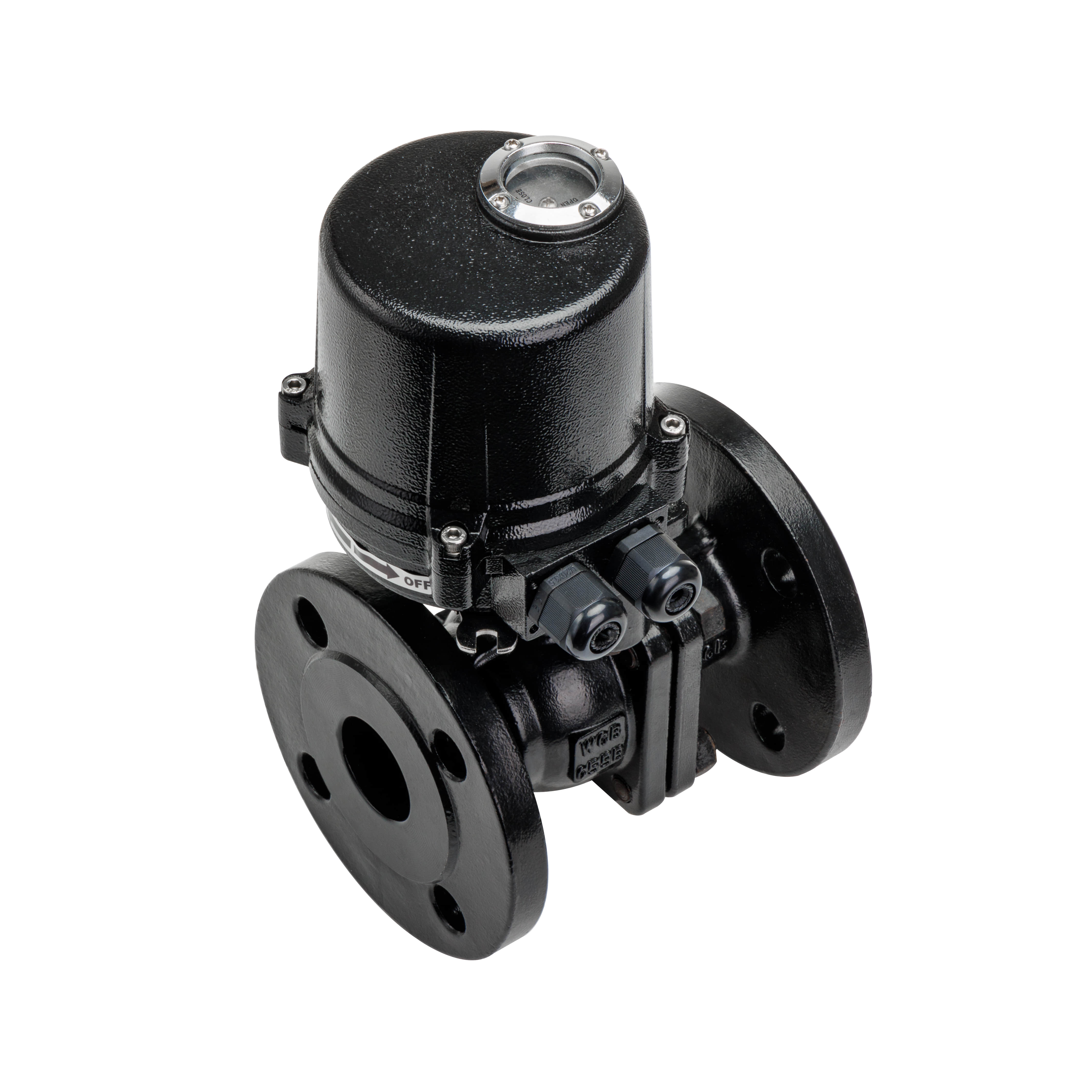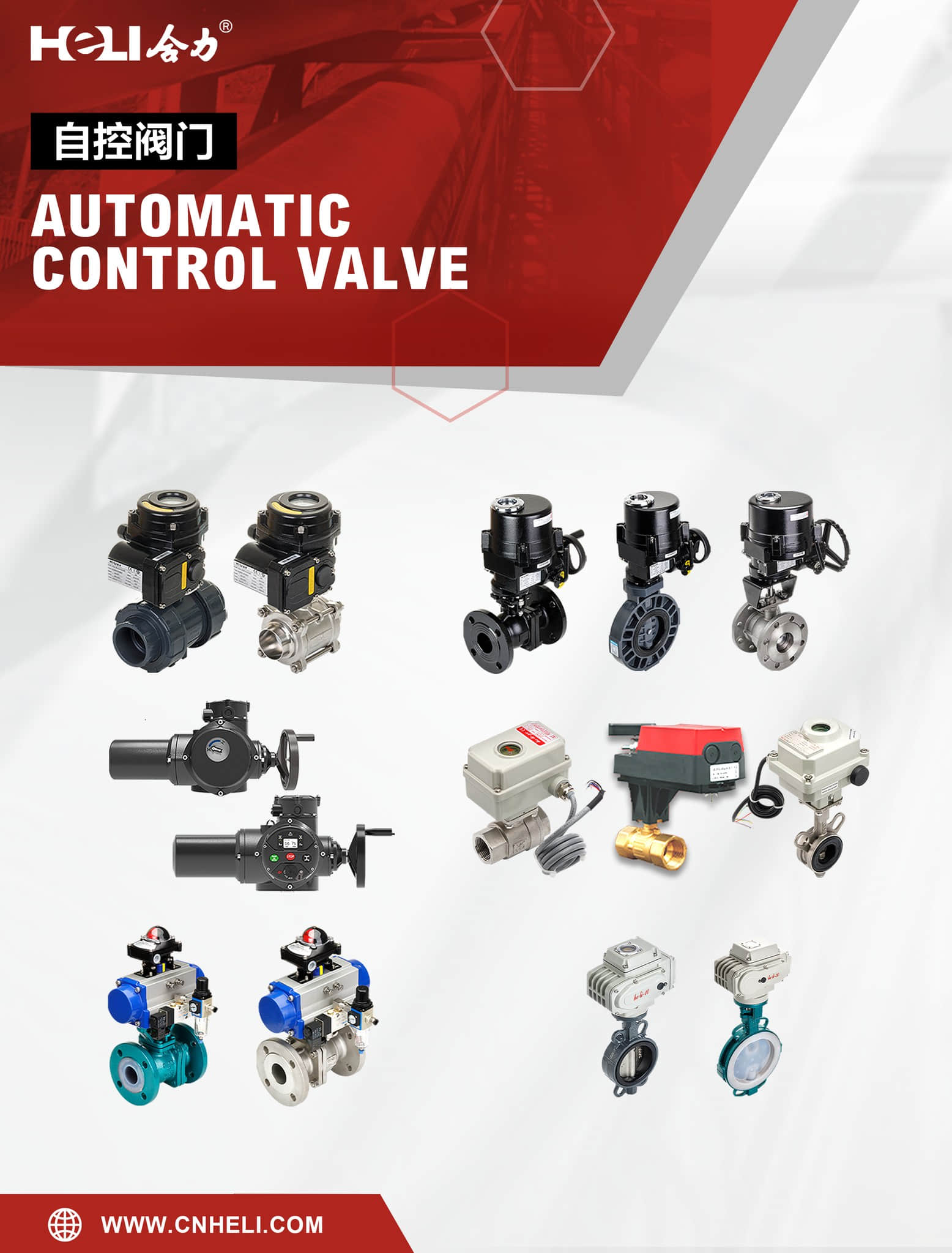
In the realm of modern industrial automation, the electric valve stands as a pivotal component, facilitating precise control over fluid flow and pressure within pipelines. This article delves into the intricacies of electric valves, their working principles, and the diverse applications they find in various industries.

An electric valve, as the name suggests, is a type of valve actuated by an electric motor. It combines the functionality of a traditional valve with the precision and controllability of an electric actuator. This combination allows for remote operation, automation, and precise adjustment of fluid flow, making it an ideal choice for complex industrial processes.

